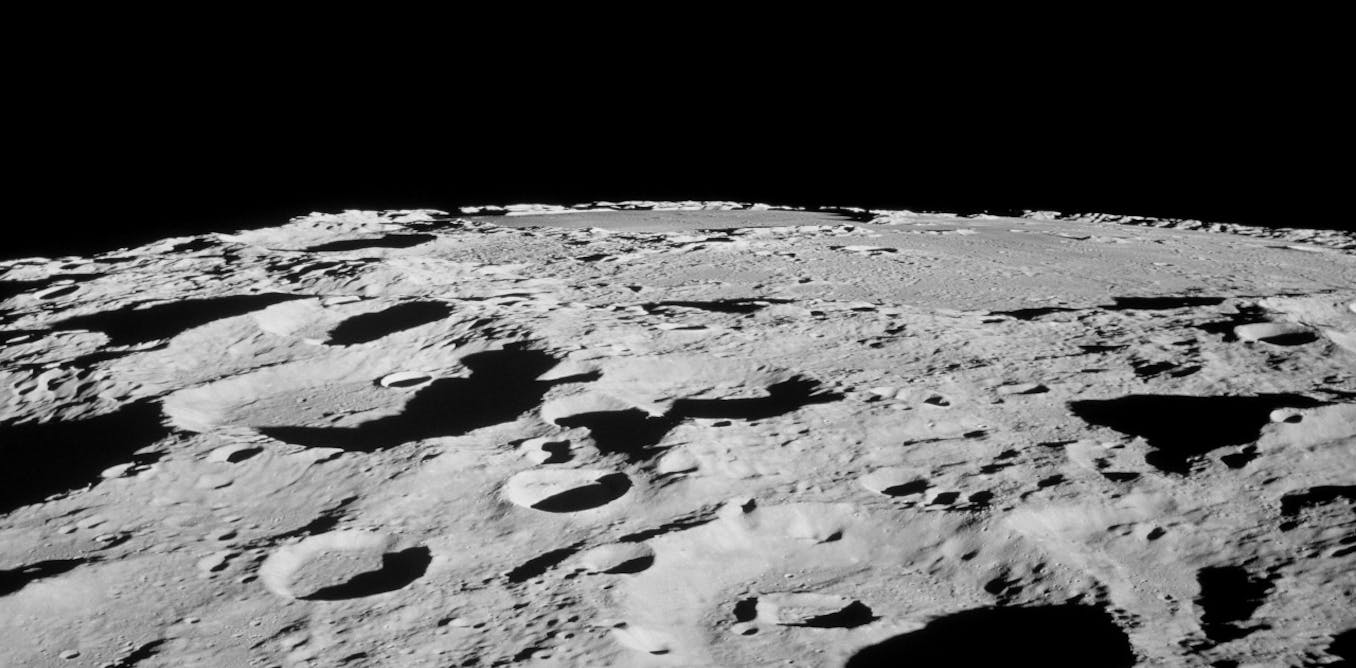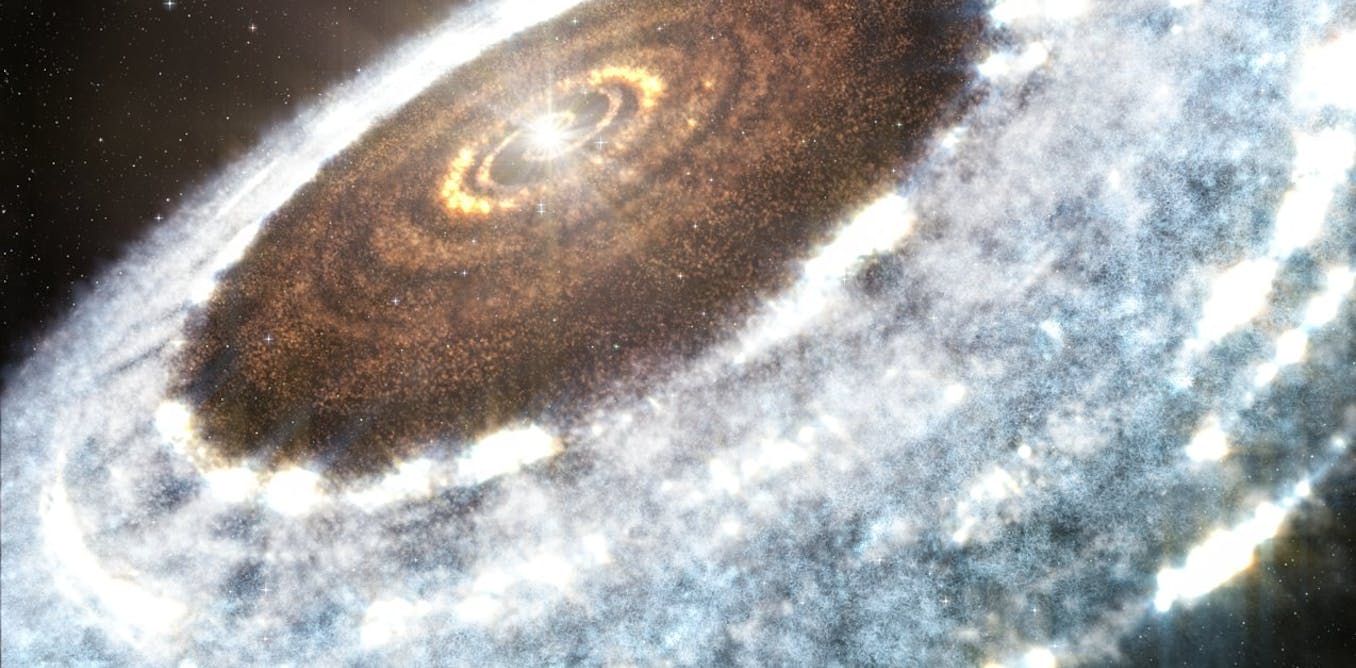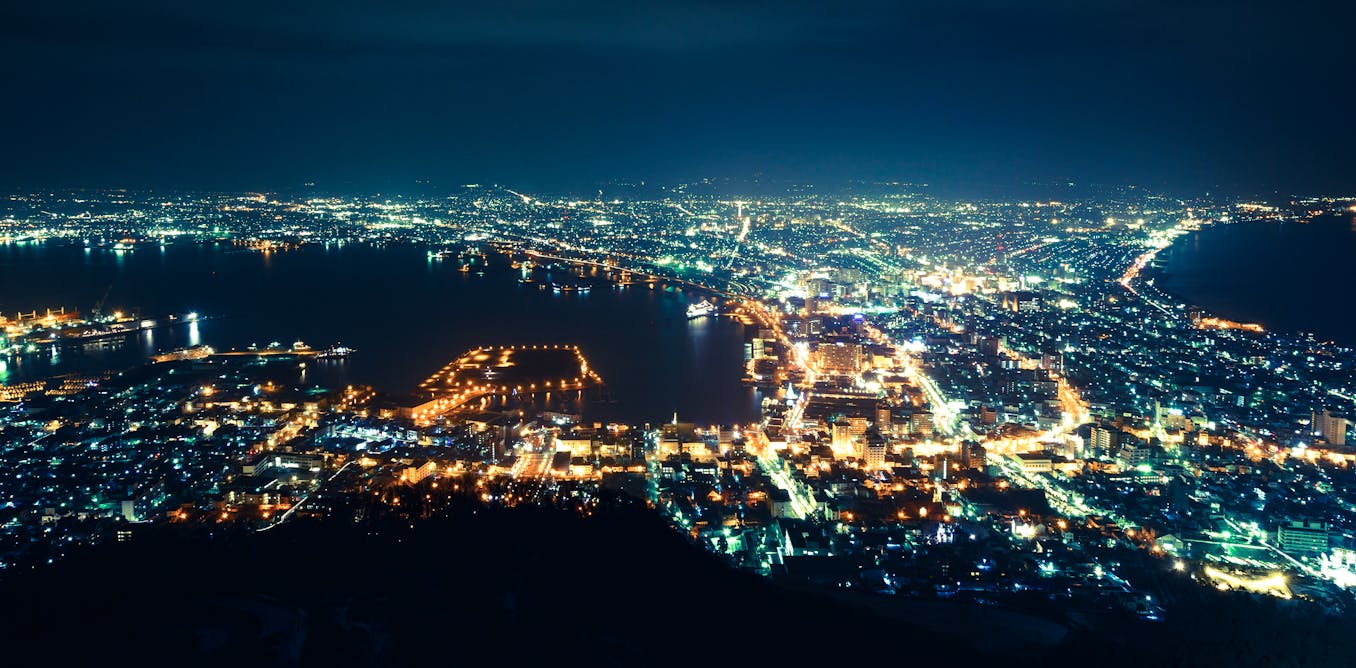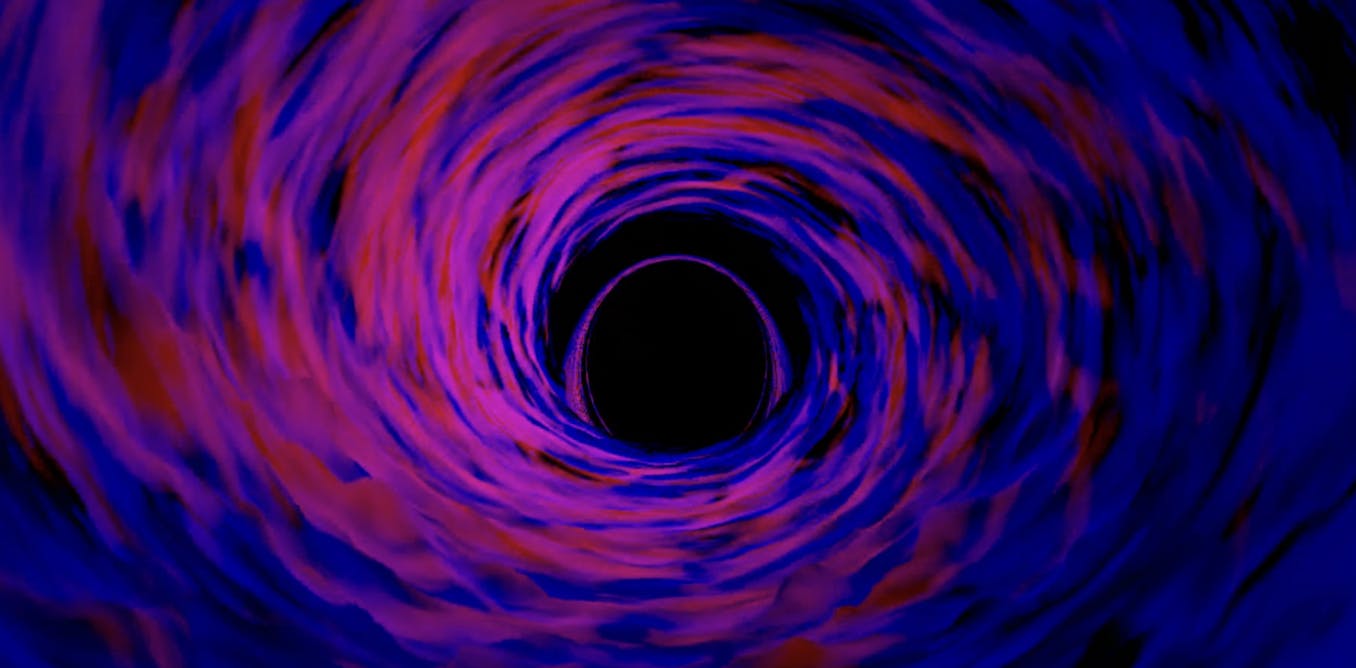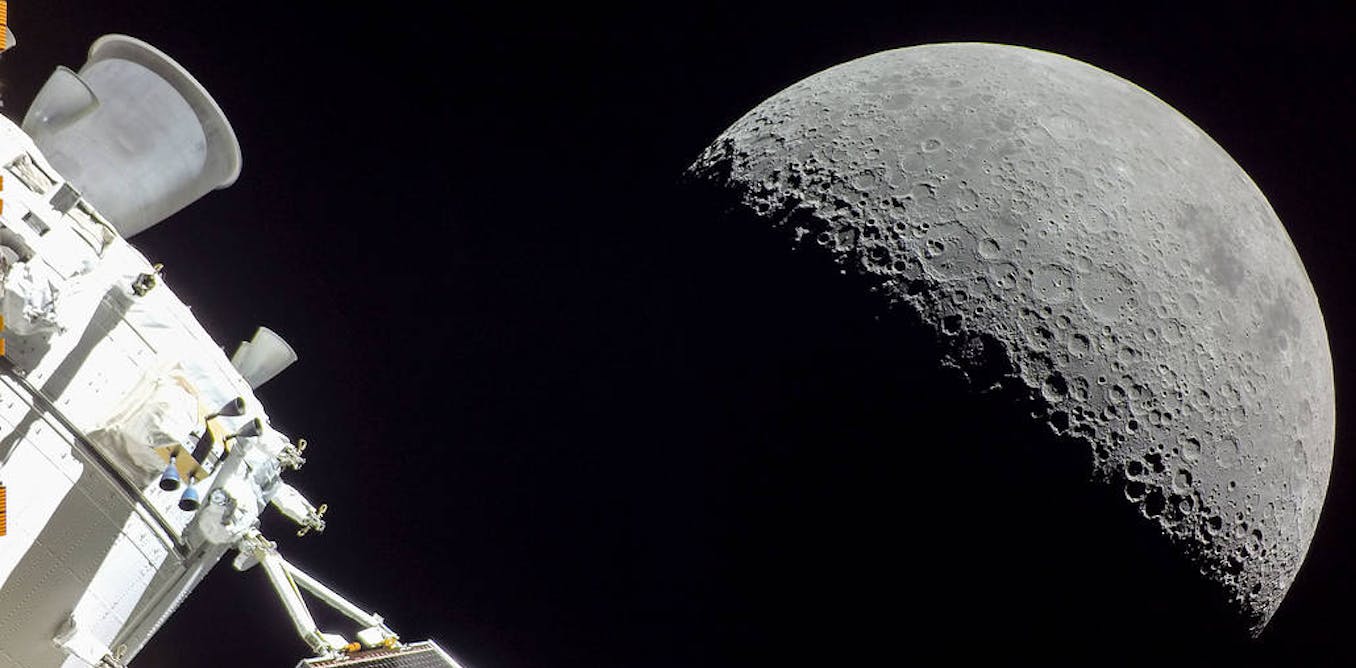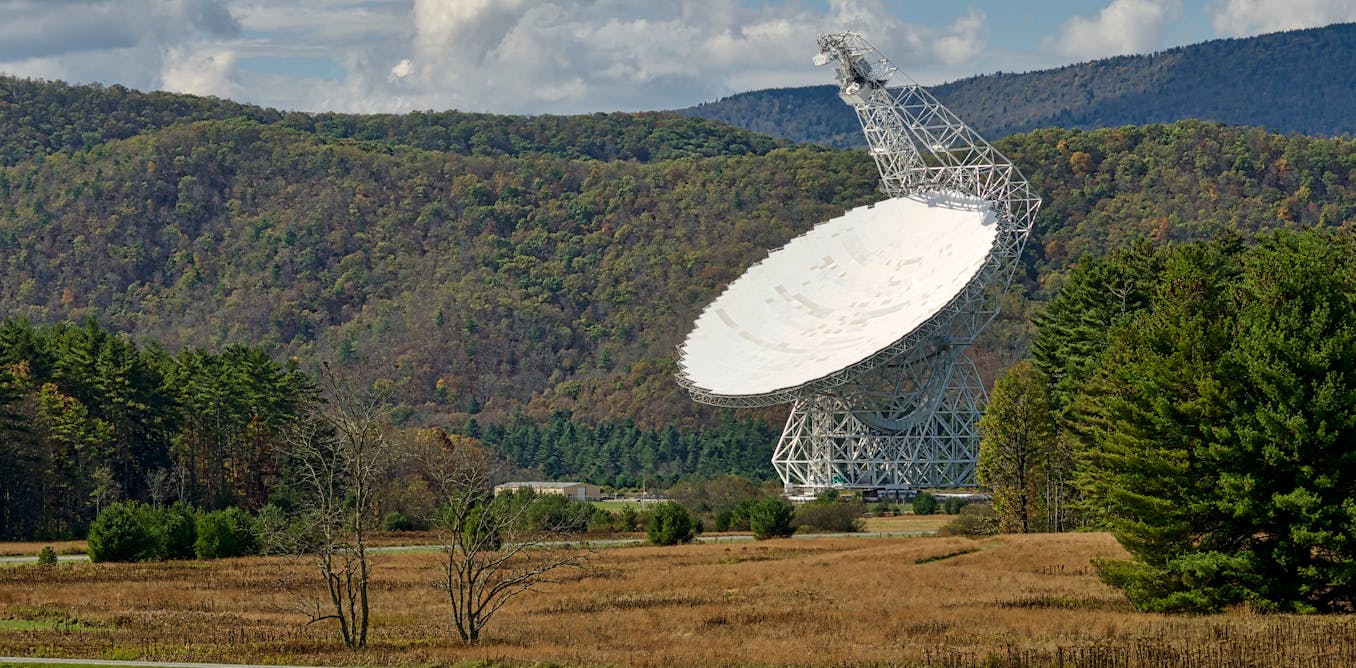Back to the Moon: A space lawyer and planetary scientist on what it will take to share the benefits of new lunar exploration - Podcast
A US-led coalition and China are both planning to establish bases on the Moon. How the two nations will navigate actions on the Moon and how other countries will be involved is still unclear.
March 23, 2023 • ~6 min

